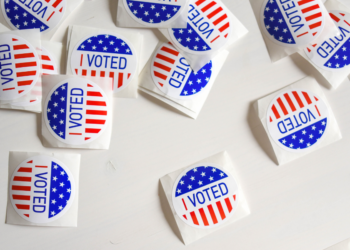Governor Greg Abbott of Texas has stirred up a storm by signing a new law that requires all diversity, equity, and inclusion offices at state-funded schools and universities in Texas to shut down. This development comes at a crucial time, as the U.S. Supreme Court is expected to rule on the consideration of race in college admissions later this month.
The law, described by one of its sponsors as “the most significant ban on diversity offices in higher education in the country,” puts pressure on public institutions and universities in Texas. If they fail to confirm compliance with the bill, they will lose access to state funding. Governor Abbott signed the law on June 14th, sending shockwaves through the education system.
In addition to the closures, the law mandates that state officials conduct biennial studies until 2029 to evaluate the law’s impact on students, with a breakdown by race. These studies will examine various aspects, including application, admission, enrollment, retention, graduation rates, and grade point averages. However, the law fails to provide any justification for the need to conduct these studies.
Critics argue that the law reflects opposition to diversity, equity, and inclusion measures, accusing them of being divisive or anti-white. Supporters, on the other hand, believe that such measures can foster collaboration and understanding among individuals from different backgrounds.
Related Story: Texas Governor Greg Abbott Sends Immigrants To Vice President Kamala Harris House, AGAIN
State Senator Brandon Creighton, a Republican and one of the bill’s authors, praised the law as a way to refocus campuses on the strength of diversity and promote a merit-based approach. He stated that individuals should be judged based on their qualifications, skills, and contributions.
Paulette Granberry Russell, the president of the National Association of Diversity Officers in Higher Education, expressed disappointment with the law, calling it a “sad occasion for all students at Texas’ public universities.” Russell emphasized that diversity, equity, and inclusion programs benefit all students and contribute to a more accessible and inclusive environment. She pledged to continue advocating for Texas universities to prioritize these values.
The new law in Texas has ignited a fierce debate surrounding the role of diversity offices in higher education. As the dust settles, the impact on students and the future of diversity initiatives in Texas remains uncertain. Only time will reveal the consequences of this controversial decision.















